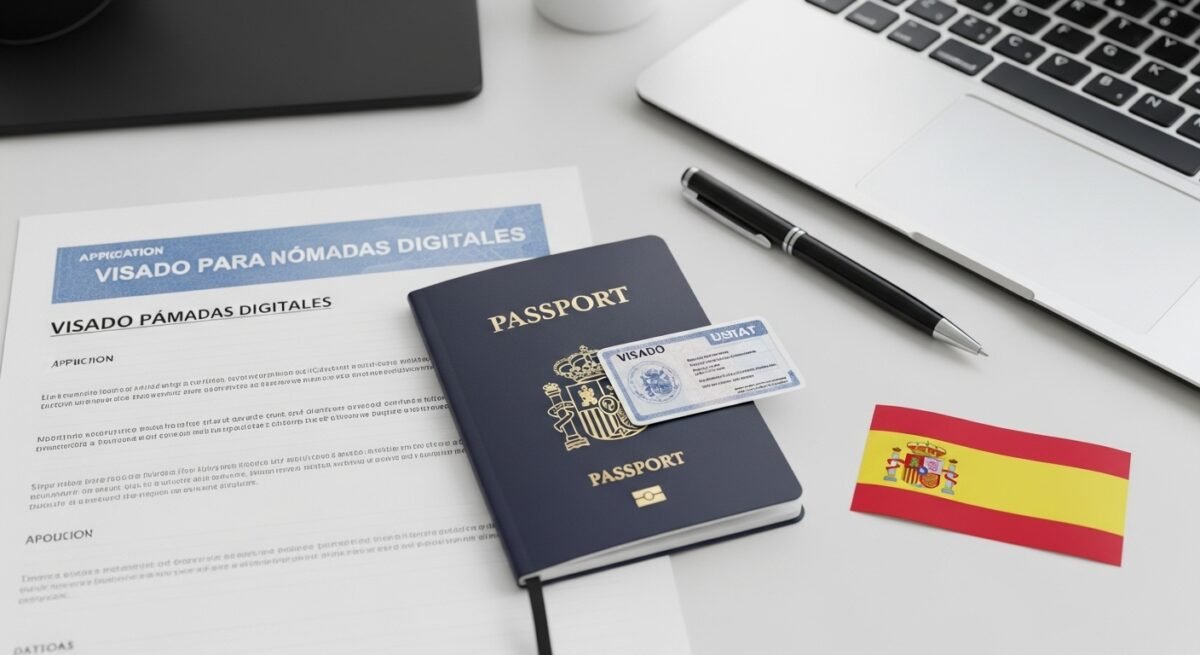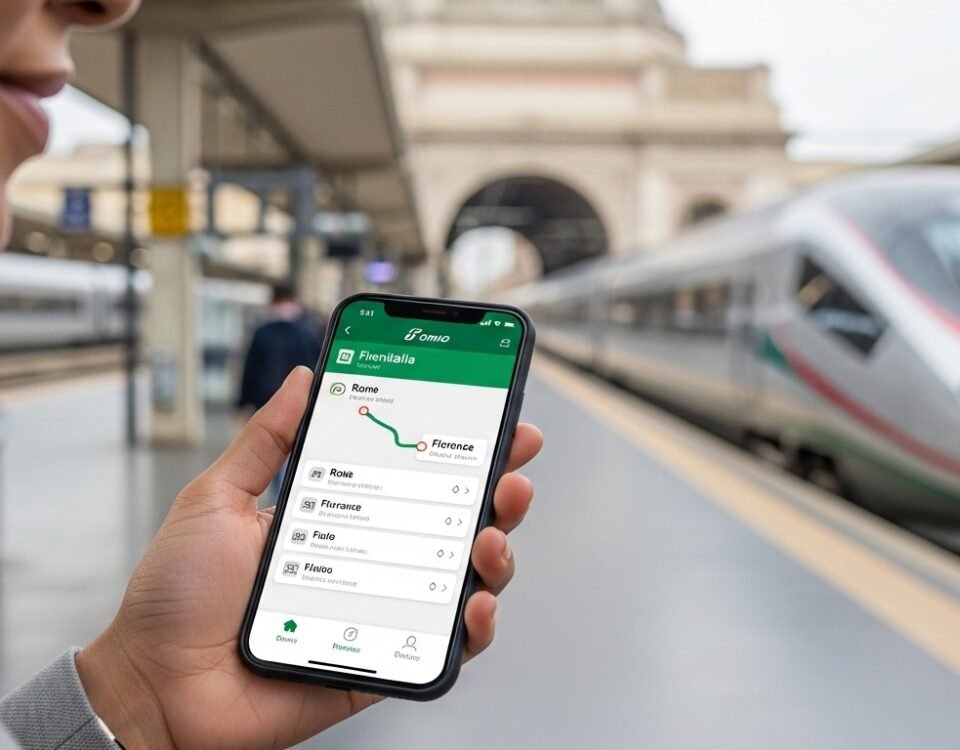The dream of a life in Spain—of finishing your workday with tapas in a bustling plaza, spending weekends on a sunny Mediterranean beach, and immersing yourself in a vibrant culture—is a powerful one. For years, this was limited to short tourist stints. Now, with Spain's official Digital Nomad Visa (DNV), that dream is a concrete, achievable reality.
The application process, however, can feel like a labyrinth of Spanish bureaucracy. Having navigated the residency systems here in Europe myself, I know how intimidating it can be. That's why we created this definitive Spain digital nomad visa guide—to turn a complex process into a clear, step-by-step plan.
What is the Spanish Digital Nomad Visa?
The Spanish DNV is a long-stay visa that allows non-EU remote workers, freelancers, and business owners to legally live and work in Spain for up to five years. A key benefit is that once you are a resident, your time in Spain does not count towards your 90-day Schengen tourist limit, giving you a stable home base for exploring all of Europe.

Are You Eligible? The Core Requirements
-
The visa is designed for established remote professionals. You must be able to prove that you have a stable remote income and the professional background to support it.
Income Requirement: You must demonstrate a monthly income of at least 200% of Spain's Minimum Interprofessional Salary (SMI). This figure can change, but as of late 2025, it's roughly €2,334 per month or €28,000 per year. This threshold increases for family members.
Professional Status: You must prove you are a qualified professional with either a university degree or at least three years of documented work experience relevant to your remote work.
Proof of Remote Work: You must show a contract or proof of regular activity with a foreign company/clients for at least one year.
Health Insurance: You need comprehensive private health insurance from a provider authorized to operate in Spain.
Clean Criminal Record: You must provide a police clearance certificate from any country you've lived in for the past five years.
The Application Process: Your Step-by-Step Plan
Navigating this process requires organization. Here are the key steps.
Step 1 (CRUCIAL): Get Your NIE Number
-
Before you can do almost anything official in Spain (including applying for the visa itself), you need an NIE (
Número de Identidad de Extranjero). This is your unique foreigner's identity number. You can often apply for this at your local Spanish consulate at the same time as your visa application.
Step 2: Gather Your Documents
This is the most time-consuming part. You will need to collect, translate (into Spanish by a sworn translator), and in some cases, apostille all your documents, including your work contracts, bank statements, degree certificate, and criminal record check.
Step 3: Apply at Your Local Spanish Consulate
Once your documents are in order, you will make an appointment at the Spanish consulate in your country of residence to submit your application for the visa to be placed in your passport.
Step 4: Arrive in Spain and Get Your TIE
This is the most time-consuming part. You will need to collect, translate (into Spanish by a sworn translator), and in some cases, apostille all your documents, including your work contracts, bank statements, degree certificate, and criminal record check.
The Biggest Perk: The "Beckham Law" Tax Regime
This is a major advantage of the Spanish DNV. You may be eligible to apply for a special tax regime known as the "Beckham Law." Under this law, you are taxed at a flat rate of 24% on your Spanish-sourced income up to €600,000, instead of the normal progressive rates which can go much higher. This can result in significant tax savings.
This complete Spain digital nomad visa guide should give you a clear roadmap. The process requires careful preparation and patience, but the reward is immense: the legal right to build a life in one of the most desirable countries in the world, with a fantastic quality of life and significant tax advantages.
Are you planning to apply for the Spanish DNV? Share your questions or experiences in the comments below!


